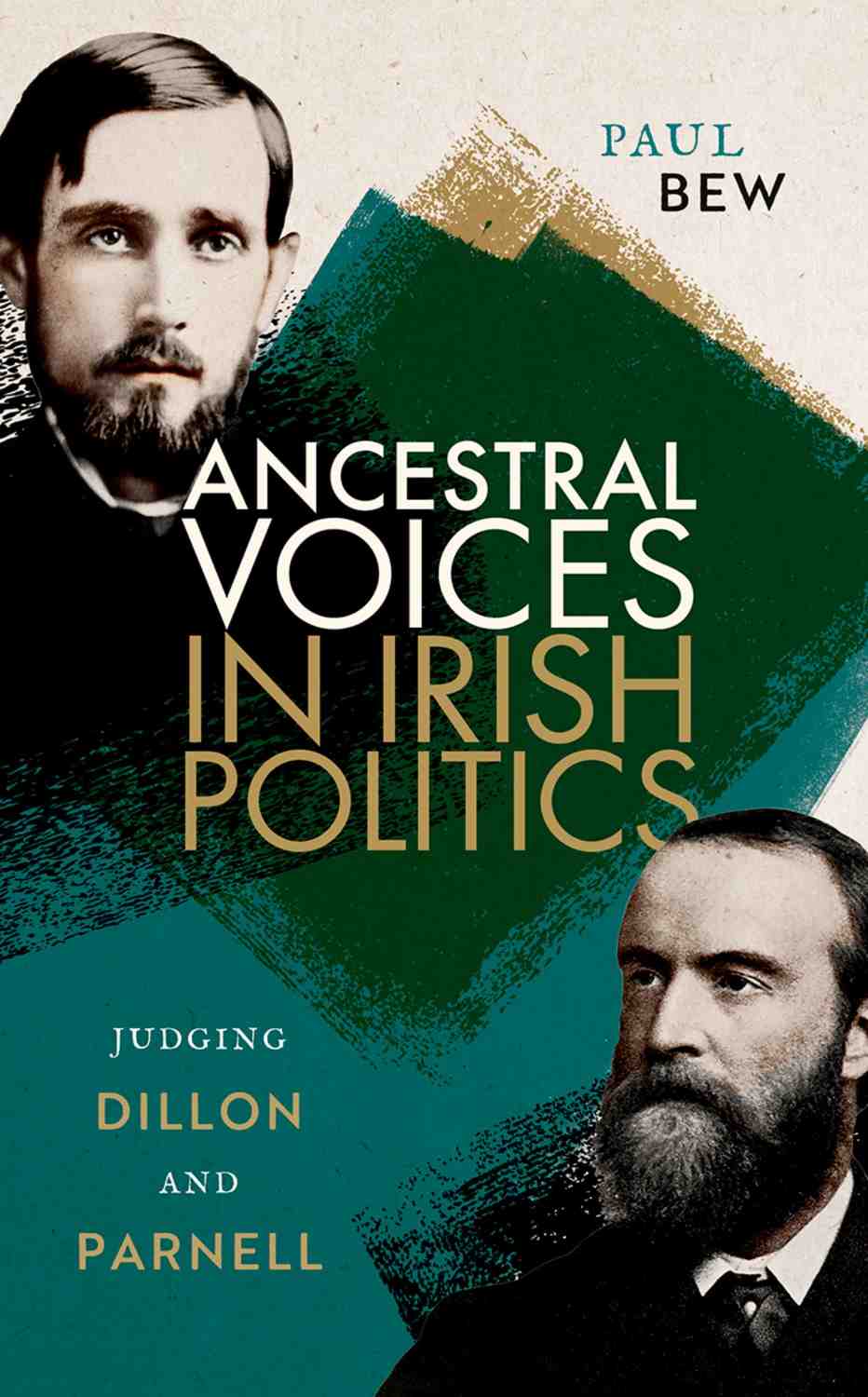Lord Lexden reviews 'Ancestral Voices in Irish Politics'
Parnell monument, Dublin | Image: Clearpix / Alamy
3 min read
Lord Bew has written an absorbing study of the often fraught relationship between the remarkable Charles Stewart Parnell and his intellectually impressive lieutenant, John Dillon
Paul Bew combines an immense contribution to parliamentary life with prodigious work as an Irish historian, famed for his balance and fairness. Along with Roy Foster, the first professor of Irish history at Oxford, he has largely shaped our generation’s understanding of Ireland’s past, banishing the simple tale of English oppression for good.
Charles Stewart Parnell (1846 to 1891) has featured prominently in his numerous publications. In his absorbing new book he returns to this remarkable, enigmatic figure, mourned for years as his country’s “lost leader” after his death at the early age of 45, following a sensational divorce scandal.
Parnell was the first Irish nationalist leader to win the respect of Britain’s politicians, Tory and Liberal alike. They had not been much disturbed by earlier challenges to their authority in Ireland. Occasional uprisings failed to attract much support and were easily suppressed. MPs sent to Westminster to press the case for self-government were given a polite hearing, and then ignored.
In Parnell senior British politicians met their match, and they knew it. As Bew writes, “there was always a mystery about Parnell’s complex motivation”. His intense love affair with a married woman, Katharine O’Shea, concealed for years from Catholic Ireland but known at Westminster, added to the fascination.
In Parnell senior British politicians met their match, and they knew it
Parnell ruthlessly exposed how little British politicians really knew about Ireland, including the Liberal prime minister William Gladstone who laid claim to special, divinely given insights, which too many historians have taken seriously. In the late 1870s Parnell put Ireland at the centre of Westminster politics where it remained until 1922.
In Ireland itself, Parnell gathered together the forces of resistance to British rule, violent and non-violent, and imposed an unprecedented discipline upon them. He swept the board at elections in 1885, and thereafter, except in Ulster though he won half its seats too.
His fellow nationalist MPs, over 80 in number when his power was at its height, were no tame lackeys. Many had ideas of their own, which sometimes sat uneasily alongside his. In this book, Bew explores Parnell’s often fraught relationship with the intellectually impressive John Dillon (1851 to 1927), who was more attuned to the growing power of Ireland’s Catholic middle classes than the Protestant Parnell, in whose life God played no prominent part.
 Dillon lived to see the partitioned Ireland which emerged from Sinn Fein’s campaign of violence after 1918. It was the outcome that Parnell’s career had been dedicated to avoiding. Dillon, his surviving colleague, regarded it as “a profound disappointment, bringing none of the wider benefits he had assumed” would flow from self-government, as Bew notes in his concluding chapter.
Dillon lived to see the partitioned Ireland which emerged from Sinn Fein’s campaign of violence after 1918. It was the outcome that Parnell’s career had been dedicated to avoiding. Dillon, his surviving colleague, regarded it as “a profound disappointment, bringing none of the wider benefits he had assumed” would flow from self-government, as Bew notes in his concluding chapter.
Could Parnell, the most astute parliamentarian that Ireland has produced, ever have reached a settlement with Britain on behalf of nationalist Ireland? He needed two things: home rule and the transfer of land from its existing owners to their tenants, financed by Treasury loans, to end chronic rural instability.
Gladstone offered both but could not get them through Parliament. The Tories offered generous terms to settle the land issue but rejected home rule.
Parnell devoted the last year of his life to addressing the concerns of unionists in Ulster in the hope of bringing a deal with the Tories within reach. “The greatest Irish leader of the nineteenth century”, as Bew describes him, never ceased working for a peaceful resolution of Anglo-Irish problems.
Lord Lexden is a Conservative peer and historian
Ancestral Voices in Irish Politics: Judging Dillon and Parnell
By: Paul Bew
Publisher: Oxford University Press
